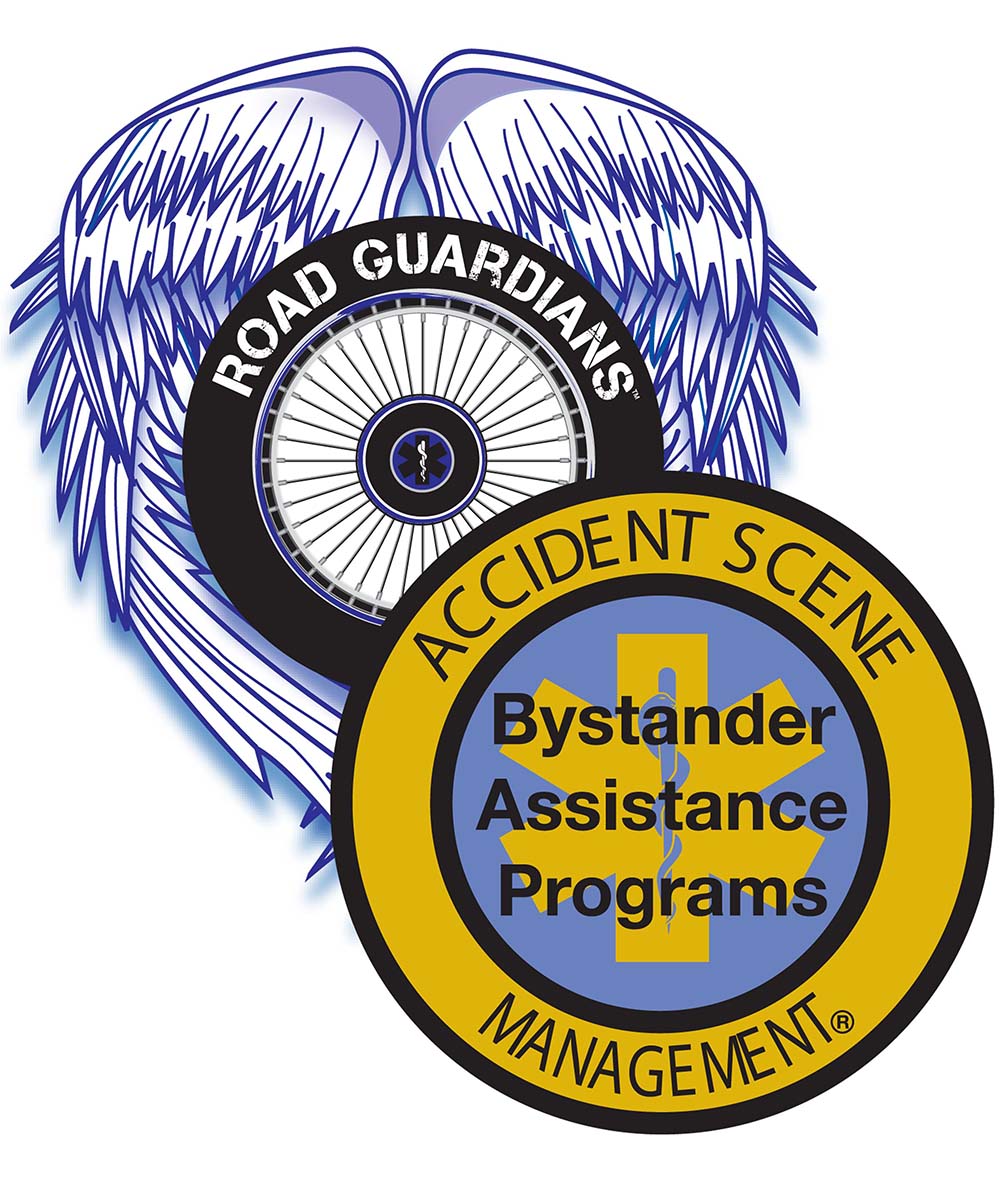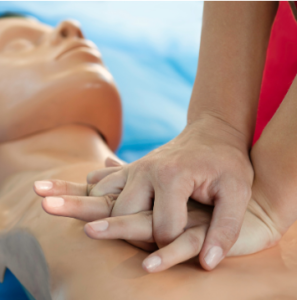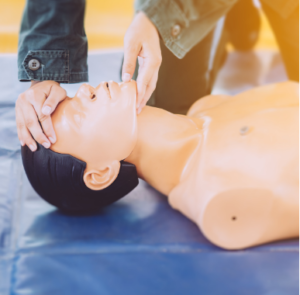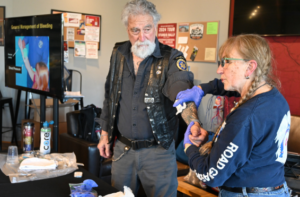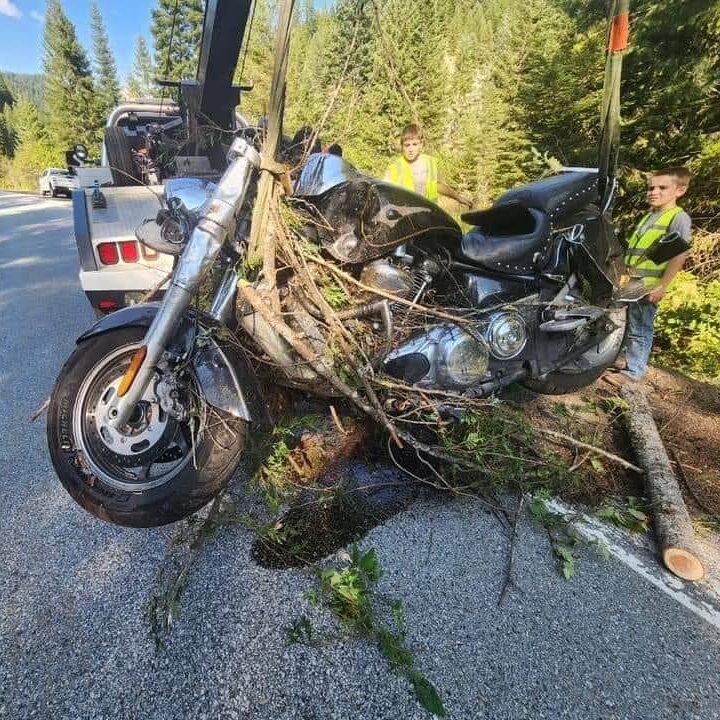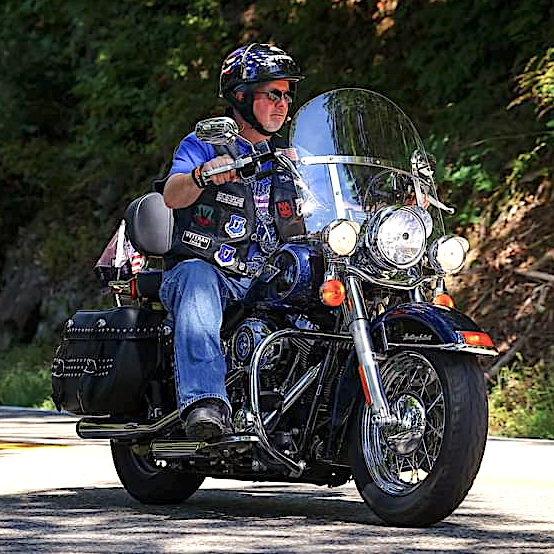You have 0 items in your cart
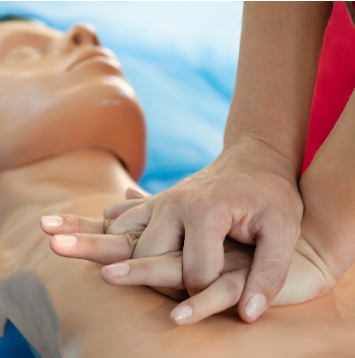
Q- Why don’t you teach CPR in Accident Scene Management classes?
A- CPR is an important skill. Through the years, many people have learned that if a person is having a cardiac event and has collapsed, the response is to put their hands in the middle of their chest and start pressing. In the case of the heart-stopping, moments are critical, and this response gives the victim the best chance of surviving. Time is of the essence since the brain needs oxygen, and when the heart is not pumping, it’s not getting oxygen. Every person on the planet should know what to do when someone suddenly collapses and turns blue.
But can doing CPR hurt someone? Potentially. If you do it properly, you might crack a rib or two, but that is not more important than saving a life.
There is, however, a time when CPR should be delayed. In the case of severe trauma where the person is unconscious and not breathing, the reason for that may be either internal bleeding or neck injury. Making your first action, a head tilt chin lift, and your second action, pressing in the middle of the chest, could make this person worse. In trauma, the most likely reason a person is not breathing is because of blunt trauma to the chest or neck injury. It is essential to understand your response. There are two pathways. If the issue is medical, immediately proceeding to CPR would be correct. If the pathway is trauma, you should implement Accident Scene Management protocols by first addressing breathing and bleeding. In the case of breathing, the jaw thrust method would be preferred because it keeps the next straight in case there is a neck injury. You can still blow air into the person’s mouth if needed. If you have not taken an accident scene management class, you should! We recommend you take both CPR and Accident Scene Management. Both skills are lifesavers, and knowing the proper response can give the injured person their best chance of survival.
Ask Spitfire
Questions asked through "Ask Spitfire" for monthly articles
